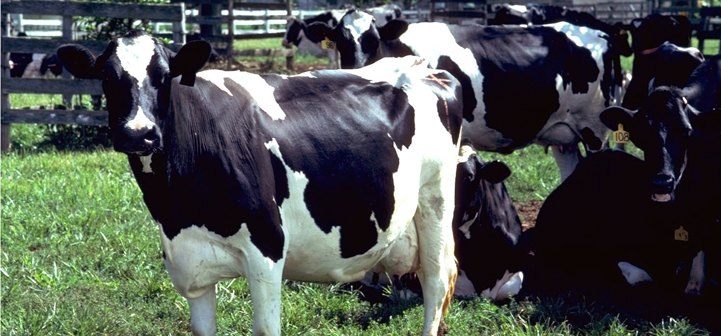Pasteurizing milk has dramatically reduced illness and death since the early 1900s. Some people, however, claim raw milk is healthier and tastier. Drinking raw milk is like playing Russian roulette with your health. Raw milk can contain many pathogens such as campylobacter, listeria, salmonella. and more. Foodborne illness symptoms include diarrhea, stomach cramps, fever, headache, vomiting, and exhaustion. While some people recover quickly from foodborne illness, it can be life threatening for others. Pasteurization prevents tuberculosis, diphtheria, polio, salmonellosis, strep throat, scarlet fever, and typhoid fever.
Kansas is one of 28 states that allow raw milk sales. In Kansas, raw milk can be sold directly from the farm, but the Kansas Department of Agriculture does not promote this practice. Here are the restrictions:
• It must be sold on the farm where the milk is produced (see Source 2);
• It must be to the final customer;
• It can be advertised on the farm only;
• The advertisement must state the milk is raw, unpasteurized, and ungraded. (see Source 2)
Kansas law does not allow:
• Home delivery of raw milk;
• Sales at farmer’s markets, health food stores, or any other businesses;
• Advertising with printed brochures, flyers, posted price lists, or on the Internet;
• Advertising or selling for “animal use” when the intended use is human consumption. Any producers who give tours of their dairy operations should not serve raw milk to visitors.
Sources:
• www.fda.gov/fdac/features/2004/504_milk.html
• http://www.ksda.gov/includes/document_center/dairy/Consumer%20Information/EnglishMilkBrochure.pdf
